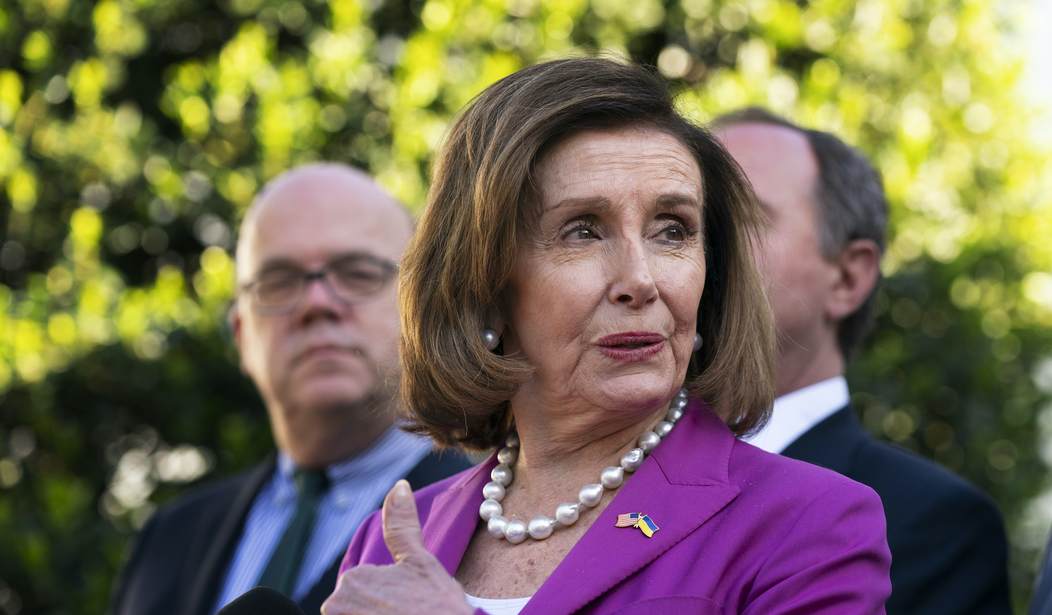Congress is very good at hiding overspending. Just one of the many reasons why the federal government has accumulated over $30 trillion in debt.
When Congress appropriates money for the next year during the annual process, they give each agency a pot of money, sometimes with strings and directions. Most of that spending is out in the open, visible and public. Not so with spending using the tax code.
The sneaky way to spend taxpayer cash is to use the tax code to funnel money to special interests hidden from prying eyes. Right now, Congress is aiming to extend a provision which is flat out cronyism for a small group of rum producers in the U.S. Virgin Islands and Puerto Rico.
Later this year, Congress will consider a bill commonly referred to as the “Tax Extenders Bill.” The legislation extends expiring tax provisions at the end of the year - usually for one more year. One-year extensions are an accounting gimmick that keep the cost of these tax extenders low, by having them expire after one-year scores lower than if the provisions were extended for five or ten years all at once. The understanding among Members is that these provisions will be extended again at the end of every year.
Some of these you probably heard of - expansion of the child tax credit and earned income tax credit. Some of the other provisions serve narrow special interests like the American Samoa Economic Development Credit and a three-year recovery period for racehorses two years old or younger.
One that you probably haven’t heard of is a sneaky provision called the “Rum Cover-Over.” The Rum Cover over was created in 1917 to direct funding to the U.S. Virgin Islands and Puerto Rico to help these territories financially without direct expenditures. Over the course of time, it has morphed into an expensive boondoggle for the taxpayer.
The Rum Cover-Over tax provision collects a $13.25 per-proof-gallon excise tax on rum that is supposed to be invested into public services in those covered territories. For the tax collected on rum, produced inside or outside the territories, that money goes right to territorial governments. That same tax is collected on spirits other than rum and that cash ends up in the U.S. treasury. The collected cash from rum is divided by how much each island produces and provides an incentive for mass production. This is a huge pot of cash.
Recommended
The islands end up competing for who can produce more rum and obtain a higher percentage of the money collected. Because of the perverse incentives, the governments of both Puerto Rico and the Virgin Islands subsidize rum producing companies.
This is not a small, insignificant amount of money. According to The Tax Foundation, the U.S. Virgin Islands to subsidize one manufacturer of rum to the tune of $2.7 billion over 30 years because of this provision. The territories have relied on this tax provision balance their budgets, so they continue to lobby for the extender, even though much of the money collected is a result of rum not produced in the territories. This seems unfair.
Adding to the opaqueness of the tax code, the actual provision in law is a cap on the Rum Cover-Over at $10.50 per proof-gallon which waived in the yearly tax extenders bill. The waiver allows a larger sum to go to the territories and continues to motivate them to produce as much rum as possible. The increasing amounts over the years have made it more difficult for Congress to discontinue the waiver. A sane Congress would just rewrite the law to be consistent - all tax revenue from the sale of spirits goes to the U.S. Treasury and Congress would appropriate monies as necessary for business and infrastructure development for the territories.
If you remove the incentives for the territories to funnel tax dollars to rum producers, then keeping the tax provision would make sense. These tax dollars theoretically should just go to the U.S. treasury, but Congress could at least justify the return of money to the islands without cronyism and overproduction. That is unlikely to ever happen.
It is time for Congress to end the Rum Cover-Over and find other ways to get needed resources to the governments of Puerto Rico and the U.S. Virgin Islands through the normal appropriations process.
Peter Mihalick is former legislative director and counsel to former Reps. Barbara Comstock, Virginia Republican, and Rodney Blum, Iowa Republican.























Join the conversation as a VIP Member